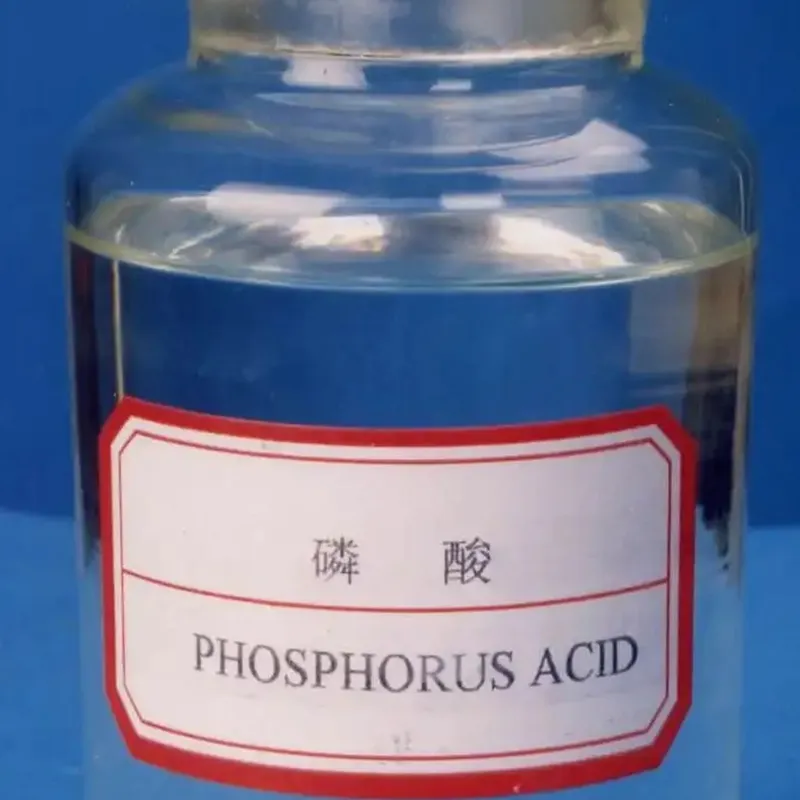
Exploring the Benefits and Uses of Sorbic Acid in Food Preservation
The Role of Sorbic Acid as a Food Preservative
In the realm of food preservation, sorbic acid has established itself as a crucial player, employed widely across various food products due to its effectiveness in inhibiting the growth of molds, yeasts, and certain bacteria. With a chemical composition of C6H8O2, sorbic acid is a naturally occurring compound that can also be synthetically produced, making it versatile for various applications in the food industry.
Historical Context
The use of sorbic acid as a food preservative can be traced back to the mid-20th century, when it began to gain traction in response to the growing need for food safety and shelf life extension. Initially discovered in the berries of the Sorbus aucuparia (rowan tree), sorbic acid was recognized for its antifungal properties. In 1952, the U.S. Food and Drug Administration (FDA) recognized sorbic acid as a safe food additive, paving the way for its widespread adoption in the food industry.
Mechanism of Action
Sorbic acid works primarily by disrupting the cellular processes of spoilage microorganisms. By inhibiting key enzymes that these organisms need to reproduce, sorbic acid effectively slows their growth, thereby extending the shelf life of products. It is most effective in acidic environments, which is why it is often used in foods that have a lower pH, such as fruit juices, baked goods, and dairy products.
Moreover, sorbic acid is generally recognized as safe (GRAS) when used within prescribed limits, which adds to its appeal as a preservative. It can be found in concentrations ranging from 0.01% to 0.2%, depending on the type of food and the desired preservation effect.
Applications in the Food Industry
Sorbic acid is widely utilized in a variety of food products, including but not limited to
1. Baked Goods In products like bread and cakes, sorbic acid helps prevent mold formation, thereby reducing spoilage and waste. 2. Dairy Products Cheese and yogurt often contain sorbic acid, as it inhibits mold growth while maintaining product quality.
sorbic acid food preservative

3. Beverages Fruit juices and soft drinks use sorbic acid to extend shelf life, allowing for longer distribution and storage.
4. Canned Foods Sorbic acid is also used in some canned goods to prevent spoilage, maintaining the product’s quality during its shelf life.
Benefits and Safety
One of the primary benefits of sorbic acid as a food preservative is its effectiveness against a broad spectrum of fungi and yeasts, which are common culprits of food spoilage. Additionally, it does not significantly alter the taste or aroma of food products, making it an attractive option for food manufacturers. Because it is a natural compound with a long history of safe use in food, consumers are generally comfortable with its presence in their food items.
However, it is important to note that while sorbic acid is generally safe, excessive consumption can lead to allergic reactions in some individuals. It is always essential for consumers to read labels and be aware of the ingredients in their food.
Regulatory Aspects
Sorbic acid is regulated by various health and safety authorities worldwide. In the United States, the FDA has set acceptable daily intake levels, ensuring that its use in food products remains safe for consumers. Other organizations, such as the European Food Safety Authority (EFSA), have also reviewed its safety and established similar guidelines for its use.
Conclusion
In conclusion, sorbic acid plays a vital role in modern food preservation, contributing to food safety while extending shelf life and reducing waste. Its effectiveness, combined with a favorable safety profile, makes it an invaluable tool in the arsenal of food manufacturers. As consumers become increasingly aware of food additives, it is crucial to continue educating the public about the benefits and safety of such preservatives, including sorbic acid, ensuring that they can make informed choices about the products they consume. Through responsible use and proper regulation, sorbic acid remains an essential part of the food industry’s efforts to deliver safe, high-quality products to consumers.
-
Pure Sodium Dichloroisocyanurate Dihydrate | Powerful DisinfectantNewsAug.29,2025
-
Industrial Chemicals: Quality & Purity for Every IndustryNewsAug.28,2025
-
Nitrile Rubber Honoring Strict Production StandardsNewsAug.22,2025
-
Aspartame Ingredients Honoring Food Safety ValuesNewsAug.22,2025
-
Fertilizer for Balanced Plant NutritionNewsAug.22,2025
-
Cyanide Gold Processing with High Purity AdditivesNewsAug.22,2025
-
Formic Acid in Textile Dyeing ApplicationsNewsAug.22,2025
Hebei Tenger Chemical Technology Co., Ltd. focuses on the chemical industry and is committed to the export service of chemical raw materials.
-

view more DiethanolisopropanolamineIn the ever-growing field of chemical solutions, diethanolisopropanolamine (DEIPA) stands out as a versatile and important compound. Due to its unique chemical structure and properties, DEIPA is of interest to various industries including construction, personal care, and agriculture. -

view more TriisopropanolamineTriisopropanolamine (TIPA) alkanol amine substance, is a kind of alcohol amine compound with amino and alcohol hydroxyl, and because of its molecules contains both amino and hydroxyl. -

view more Tetramethyl Thiuram DisulfideTetramethyl thiuram disulfide, also known as TMTD, is a white to light-yellow powder with a distinct sulfur-like odor. It is soluble in organic solvents such as benzene, acetone, and ethyl acetate, making it highly versatile for use in different formulations. TMTD is known for its excellent vulcanization acceleration properties, which makes it a key ingredient in the production of rubber products. Additionally, it acts as an effective fungicide and bactericide, making it valuable in agricultural applications. Its high purity and stability ensure consistent performance, making it a preferred choice for manufacturers across various industries.





